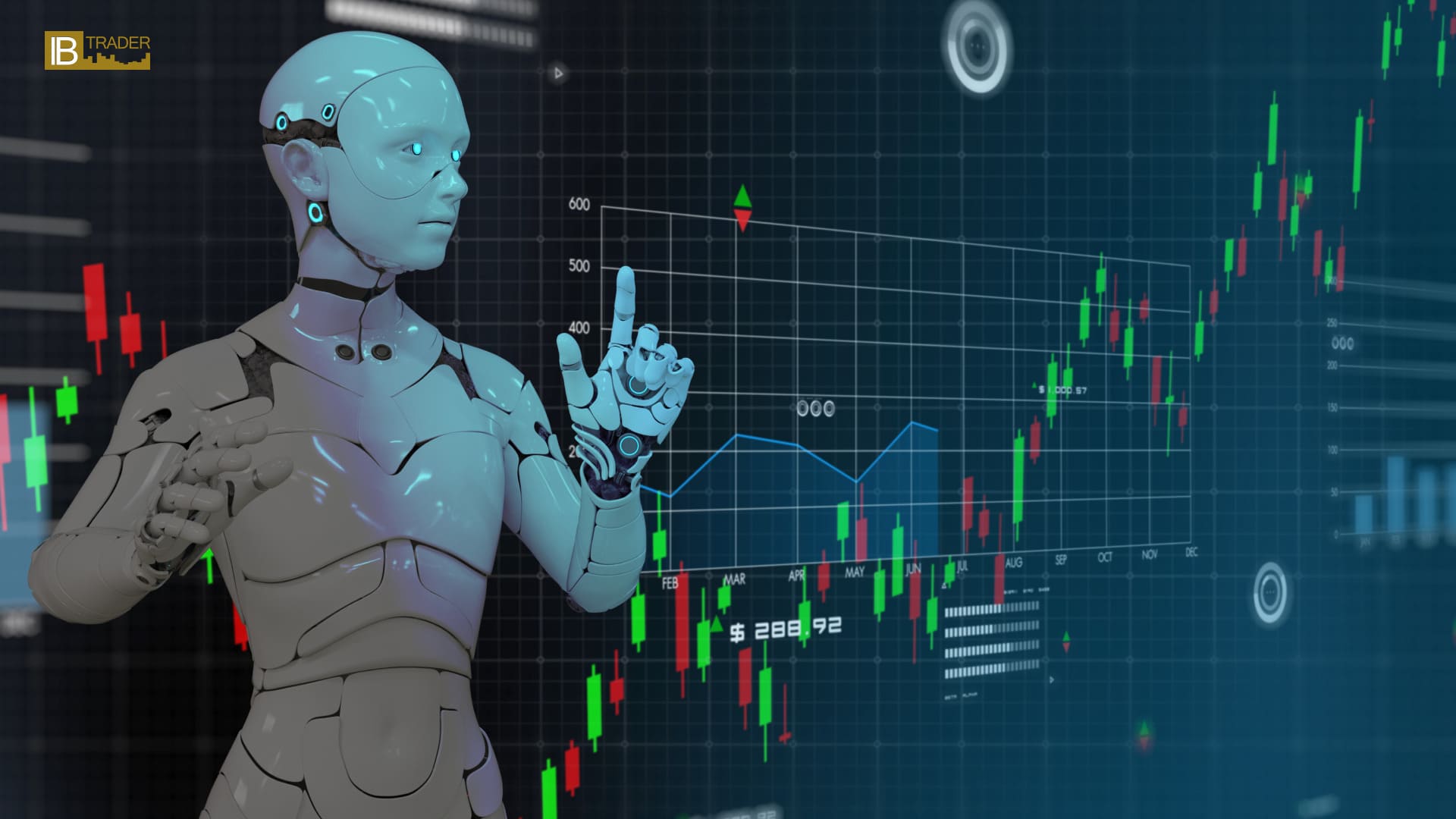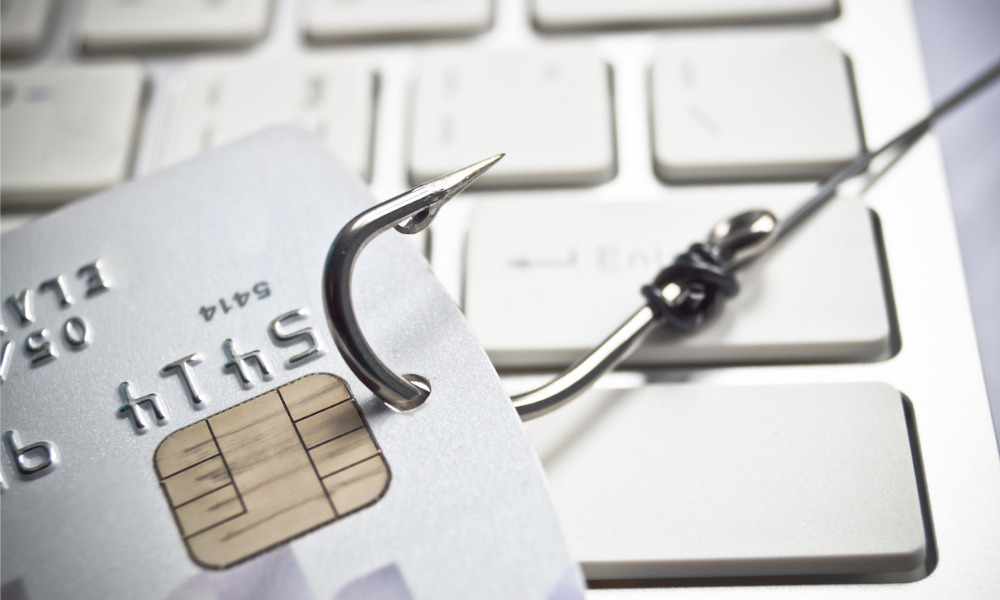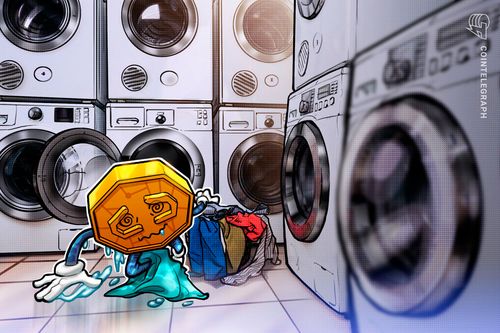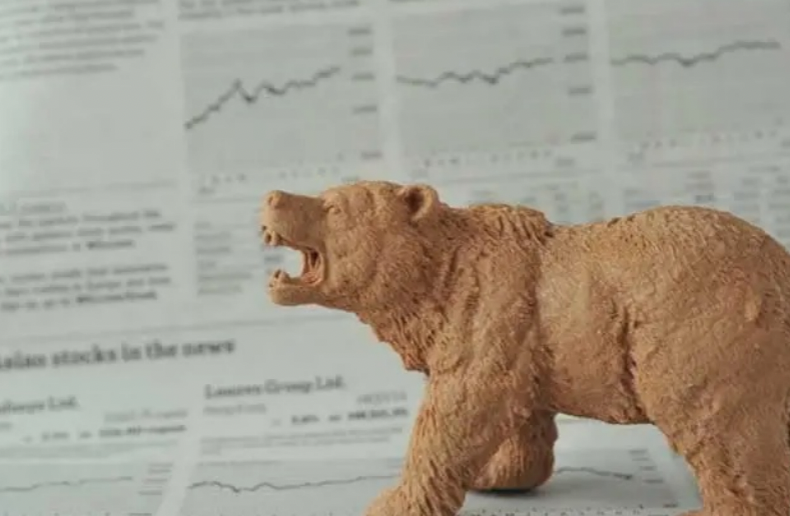Futures, as the name suggests, are related to the future. It means paying money or deposit now and agreeing to deliver it at a certain time in the future.
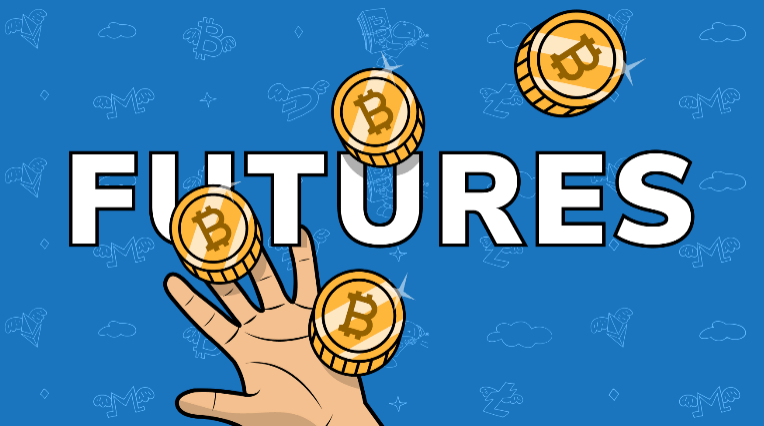
To have a better understanding of this, please look at an example:
Ben's ham sausage factory is booming, and he needs to import a large amount of beef after half a year. He felt that the price of beef would rise in the future, so he found Toby from the slaughterhouse and wanted to order 1 million pounds of beef at the price of $3 per pound, and deliver it in half a year. Toby thought that the price of beef may grow in half a year, but there is also a possibility that the price may drop. His cost was currently $2.5 per pound, and he could still make a lot of money at this price. So he readily agreed, and the two signed a contract.
This contract can actually be regarded as a futures contract. The essence of futures is not a commodity, but a contract. This contract gives buyers and sellers the right to trade a batch of goods at a certain price in the future. The price of beef sausage is relatively stable, so Ben fixes the production cost at a certain point through this contract, thereby fixing profits. The cost of raising cows is also relatively stable, so Toby also fixes the selling price of beef through this contract, thereby fixing his profits. Helping producers and operators to avoid price fluctuations and thus fixing profits is exactly the purpose of futures.
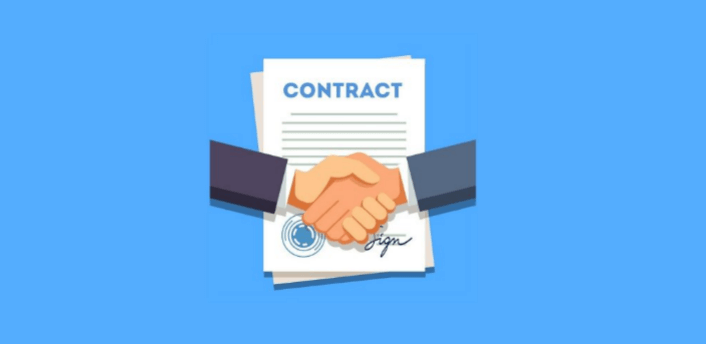
But it should be noted that the role of futures is to fix profits, not to increase them. For example, suppose that after half a year, the price of beef rises to $5 per pound, but since Ben and Toby have already fixed their profit respectively, Ben, on the one hand, would save more, but on the other hand, Toby would make less profit. That is to say, in the futures market, if one trader makes money, another trader must lose. From this perspective, this is a zero-sum game.
What if Toby breaks the contract and refuses to sell beef to Ben by then? They two actually have already thought of this problem. They have agreed in the contract in advance that both parties should pay 10% of the transaction amount as a security deposit, and they asked Zoe to act as the supervisor, a third party who would make sure whoever of them defaults, the deposit will belong to the other party. This is the margin system in modern futures trading, and the futures exchange plays the role of Zoe.
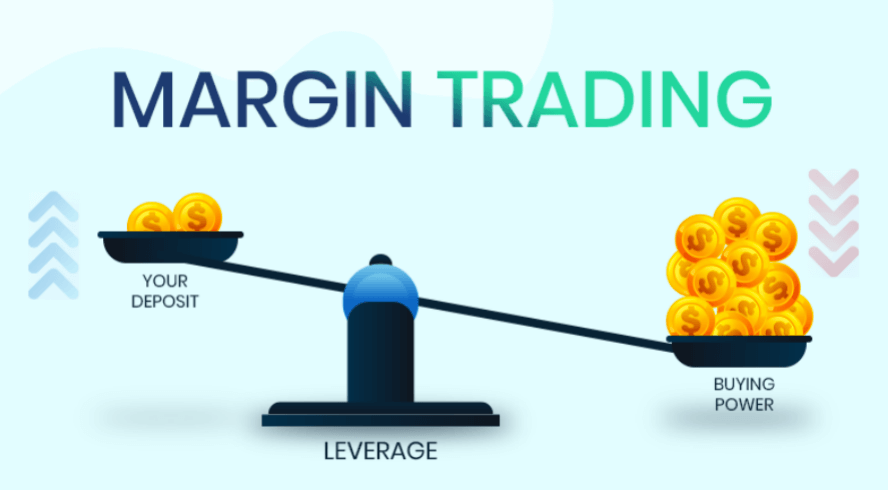
Through the margin system, traders can actually participate in futures trading with about 10% of the funds, which is a highly leveraged game. That is, the gains and losses will be multiplied. To sum up, futures are to some extent a zero-sum game and a high-stakes game. It needs caution when you participate in futures trading.
